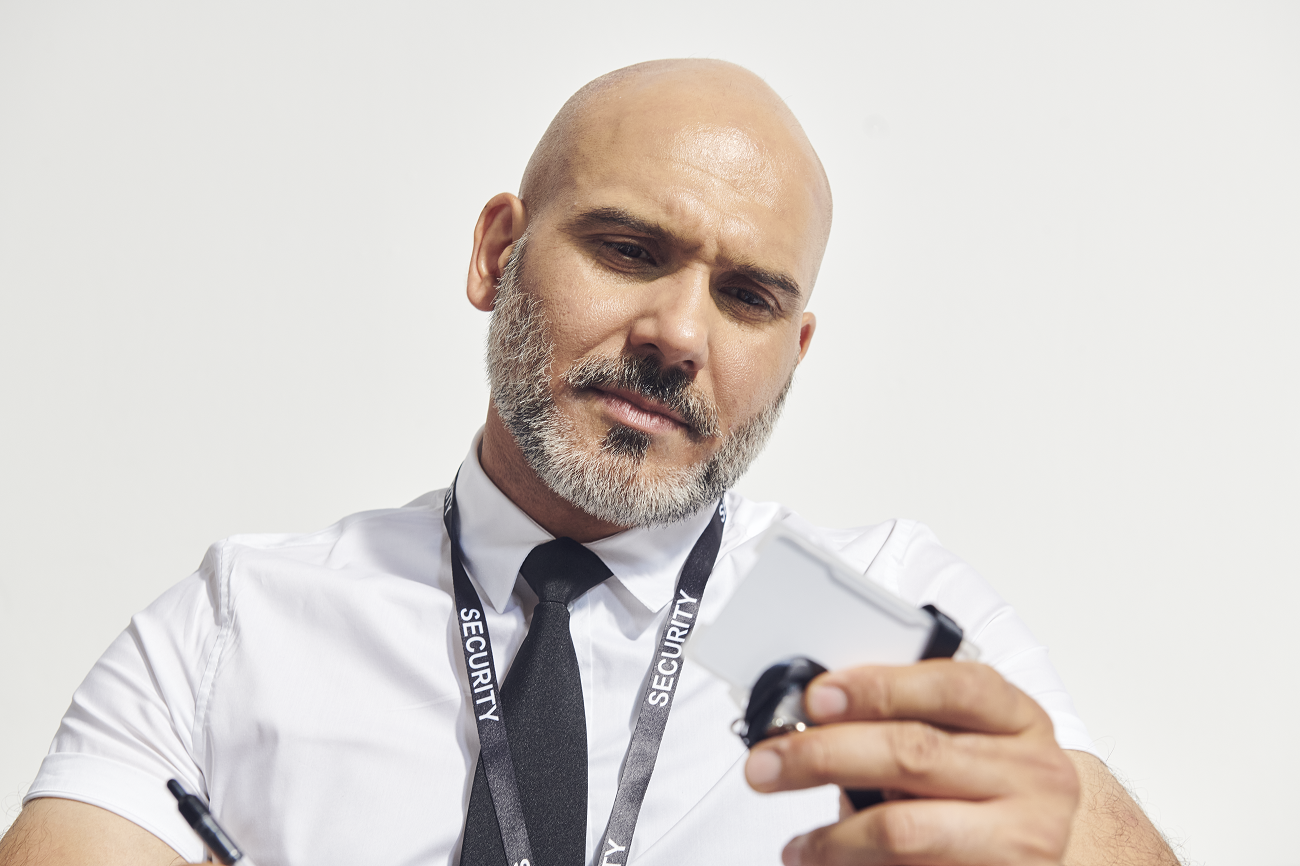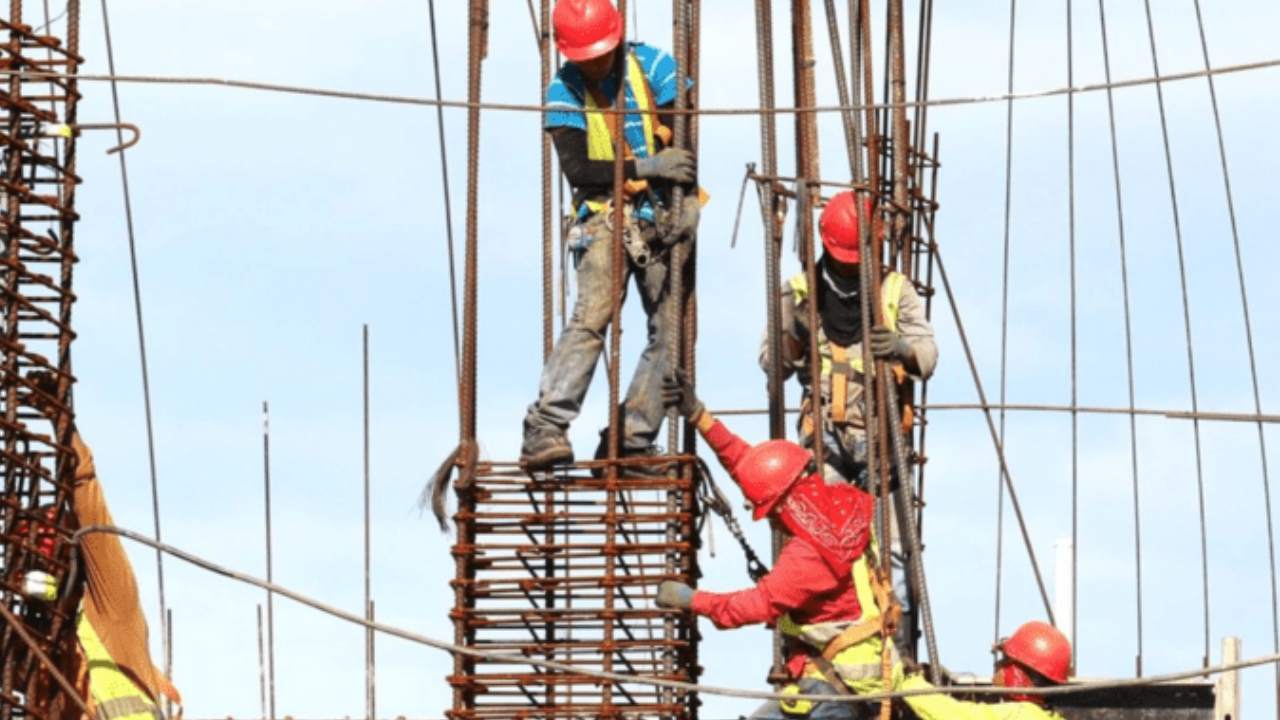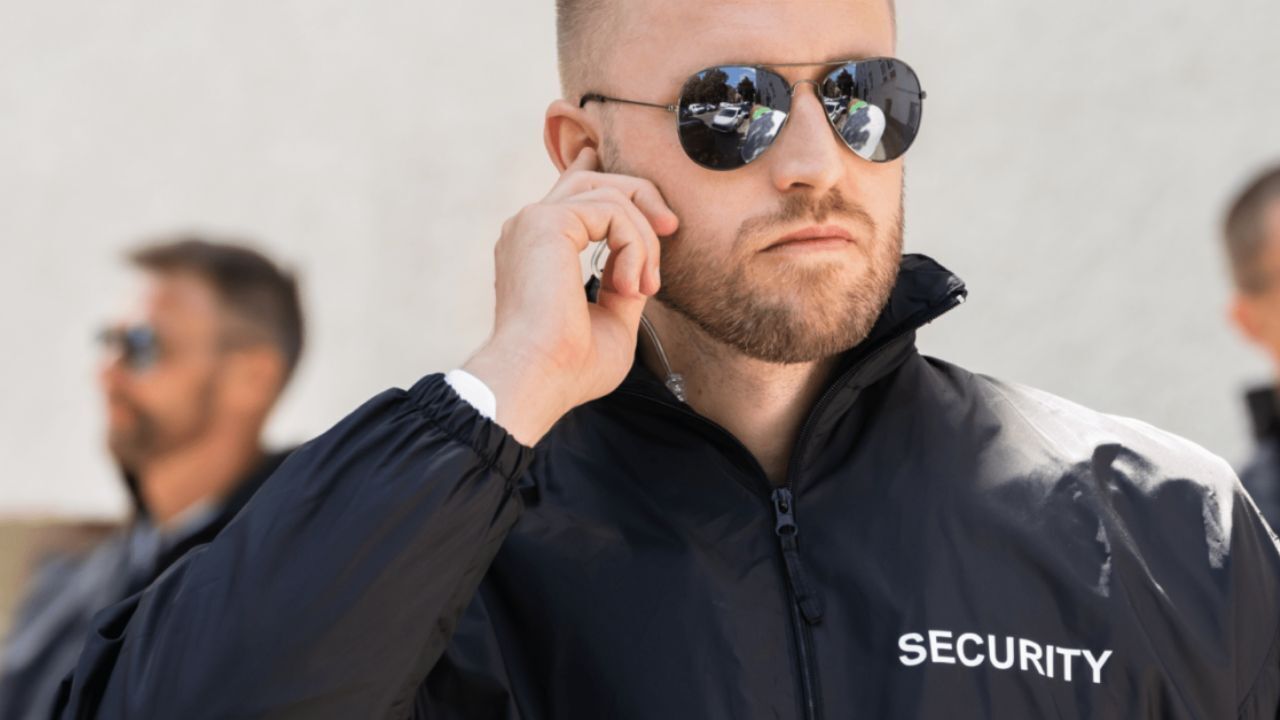A security operative is an invaluable asset. Without a security presence, many businesses and establishments would risk exposing themselves to disorder.
While a large part of a security operative’s role involves customer service, there are crucial skills required to deal with hostile situations.
It’s within these hostile situations that the job can become highly dangerous and challenging.
With the recent incident involving Tudor Simionov, a security guard who tragically lost his life whilst working at a New Year’s Eve party in London, many questions have been raised about the personal safety of security operatives.
In America, for example, security operatives can carry weapons such as guns. Whereas in the UK, they have no more rights than the average citizen.
So, this begs the question: what rights do security operatives have when a hostile situation arises?
Can a security operative make an arrest?
Yes. But only as a citizen’s arrest. It’s also worth noting that any member of the public can make a citizen’s arrest – under certain conditions. These conditions are as follows:
- You witness a person commit an indictable offence
- Have reasonable grounds to suspect the person is committing an indictable offence
- To prevent a person from causing loss or damage to property
- To prevent a person from suffering physical injury
- It is not practical for a police constable to make the arrest
- To prevent a person from running away before the police constable arrives to assume responsibility for them
Can a security operative carry a weapon?
No. Security guards in the UK are not allowed to carry guns, batons, pepper spray, tasers or other weapons.
However, a security operative can use handcuffs and should be trained in how to use them to prevent potential injury. Interestingly, any citizen in the UK can use handcuffs.
Can a security operative use force?
Yes, but only to a certain degree. They can use ‘reasonable force’ in accordance with The Criminal Law Act, 1967, which states: ‘use as much force as is reasonable in the circumstances in the prevention of crime, or in effecting or assisting in the lawful arrest of offenders or of persons unlawfully at large.’
Can a security operative legally search a person’s possessions?
Yes and no. A security operative cannot perform forced searches. They can only perform them with a person’s consent.
For example, if a security guard suspects a shoplifter, they cannot force a search. Instead, they can only detain the person until the police arrive.
Similarly, a door supervisor would need to seek permission before performing a search. However, if the customer doesn’t cooperate, a door supervisor can refuse them entry. This condition is often a stipulation for many pubs and clubs.
So, what do you think? If security operatives were to have similar rights to the police, would the streets be safer?
How to work in the security sector
If you are interested in working in the security sector, whether it be as a Door Supervisor, Security Guard or CCTV Operative, you will need to obtain an SIA Licence.
To obtain an SIA Licence, you will need to complete a course. Once you have completed the course, will you then be able to apply for an SIA Licence and work in the security sector.
Looking for jobs?
To find the latest security jobs, check out our Jobs Board, which has 1,000+ jobs from the UK’s best security companies.
If you’re on the hunt for a security job on the go, download the GuardPass app for all the latest jobs and more. The GuardPass App is available for download on the Apple App Store or on the Google Play Store.












